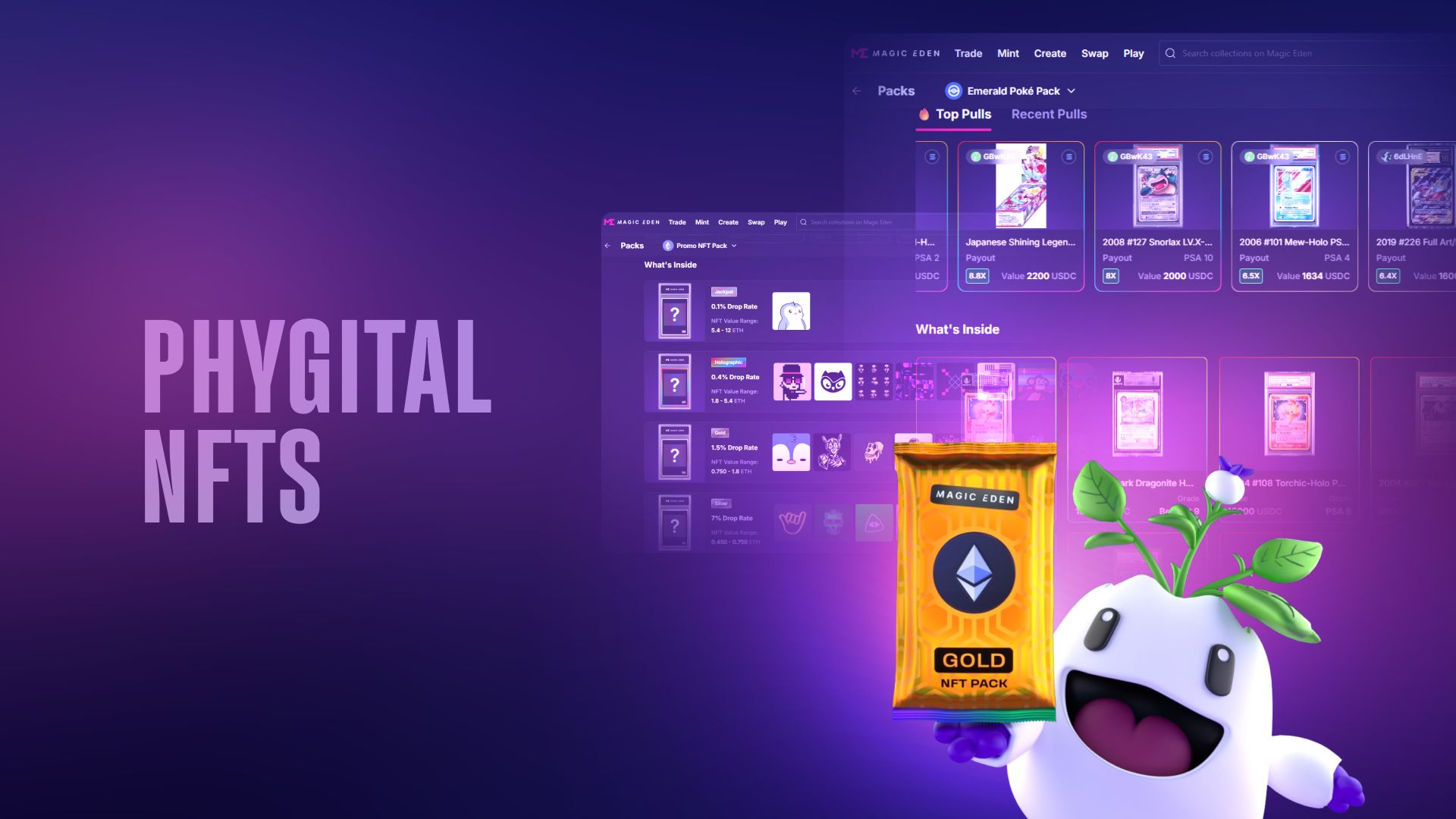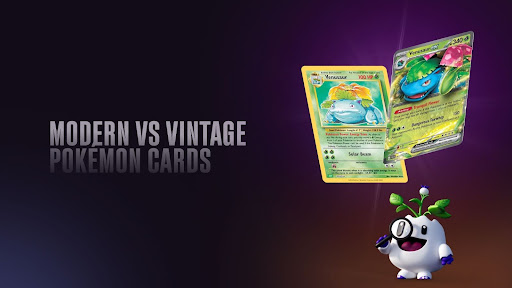
NFT Music… Think the fine art space is a lot more profitable than the music industry? Fine art, even in the non-fungible token (NFT) space, is selling like hot cakes and leaving music in the dust.
Yet, the numbers tell a different story.
While the fine art space is worth around $50 billion, music is valued as a $57 billion industry. Still, during the 2021 NFT bull market, the only subject that popped out of every corner was art NFTs. Music non-fungible tokens stayed well under the radar.
That's why we wanted to do them justice here. Most people associate NFTs with jpegs of apes, selling for millions of dollars a piece. But is that really all there is? See, NFTs empower creators of all shades, including musicians. And they offer up-and-coming artists a new avenue to monetize their work.
But before we get into all that, let's answer a basic question.
When it comes to music NFTs, there are a few misconceptions we should clear up from the get-go. Some view music NFTs as a crypto alternative to buying tracks from streaming platforms. (Talk about oversimplifying the potential of these magical tunes.)
Whenever you buy a track from iTunes, for example, what you’re actually buying is the right to listen to the track. There's no underlying asset to own. Music NFTs are the exact opposite.
A song is composed of many layers: From the beats and lyrics to the financial contracts and royalties. Artists can sell a song as a single NFT, or sell each layer as its own NFT. With music NFTs, anyone can listen to a song, but only the buyer has ownership.
… which leads us to the next reasonable question.
“Why would someone buy a song when they can just listen to it… for free?”
This is the musical equivalent to the question, "Why would I buy this jpeg when I can right-click and save it?" The answer is simple. Music engages people on a visceral level. While not everyone collects art, pretty much everyone with some SOL has a favorite song.
And think about how passionate music fans are. They’re literally willing to travel abroad and pay hundreds of thousands of dollars for event tickets and merch. So spending a little money to support their favorite creator's NFT project?
Now, that’s a no-brainer.
Music NFTs don't work the same way as art NFTs do. One reason is because the art space doesn't have such strict copyright laws like the music business. Any playback of a song is copyright-enforceable, which has made the lives of many Youtubers needlessly complicated.
And don't get us started on music's supply chain. Visual artists can sell direct-to-consumer. But in the music industry? Gatekeepers sit behind their fancy polished mahogany desks, putting their hand out every time musicians try to connect with their fans.
Clearly, the traditional industry's current model is broken.
Music NFTs fix these problems by granting the artist complete creative control. Artists can sell songs, albums, royalties, and even exclusive content as NFTs. These digital tokens can unlock new revenue streams for them. Empowered by blockchain technology, musicians could build more successful and sustainable careers.
For most artists, streaming services like Spotify are a way to get discovered, not paid. The top 10% of artists generate +99% of all Spotify streams (!). To top it all off, streaming platforms are trying to lower current royalty rates, so that their musicians can earn even less in the future. No Bueno!
A musician earns $0,00437 per stream on Spotify, so you'll need to generate 1000 streams to afford a single Big Mac. In other words, this model creates an artificial cap on how much a musician can earn, and makes it near-impossible for small artists and emerging talent to get the attention they need and succeed.
NFTs (potentially) remove streaming services from the picture altogether. Now, artists can release songs as NFTs and set their own royalty rate per sale. NFTs grant musicians complete control over their income streams. With music NFTs, artists effectively become their own management label.
Music NFTs have a wide range of potential use cases. You can sell your NFTs as tickets to concerts or exclusive meetups. (Or both.) You might also consider releasing your upcoming album as an NFT, giving your fans direct ownership rights to your music.
Now that we’ve covered how music NFTs work, let’s go over a few projects to get your inspiration running.
Music NFT collections that will get your creative juices flowing
The music NFT scene is still in its infancy, so perceptibly solid projects are hard to come by. We gathered the best music collections on Magic Eden to show you how much you can do with music NFTs.
Daramola is an award-winning songwriter and music producer, and he’s the brains behind this project. He’s got production credits on tracks featuring chart-topping artists like Kesha and Becky G.
His Supply Chain Project is a one-of-a-kind music and PFP community based around Daramola’s visual and audio experience. It's part of Daramola's fourth studio album. It has five collections:
This is the first Solana NFT project to combine generated pixel art and music. Users can purchase a unique PixelBand member NFT, representing a guitarist, drummer, pianist, or bassist. Each NFT has a unique sound that you can play via the Phantom wallet.
When someone sells an NFT on the secondary market, the artist receives 50% of the royalties. In the first week with PixelBands, one musician earned more than his monthly salary as an EMT. (Amazing.)
Sounds Rare NFTs are a type of digital membership card. By becoming an owner, you gain access to a variety of rewards. They include ownership of several song rights, which you may receive as airdrops directly into your wallet.
How does that sound?
Wuki, a Grammy-nominated artist, has an NFT project called Wobblebug. An alter-ego with a unique sound. Interested parties can buy and stake their NFTs, earning $WOB, the utility token of the ecosystem. Owning $WOB gives you access to a members-only club of musicians and NFT aficionados, live music streams and shows - a sure win in our (music) books.
Getting started with music NFTs on Magic Eden
Magic Eden receives more than 10 million unique monthly visitors, so if that’s the platform you’re going with, you’ll gain access to the largest NFT audience.
Here's how you can start the process of launching your first music NFT collection on Magic Eden:
As with NFT projects in general, music fans have been burned by music NFTs. They bought into projects by their favorite artists, only to be left naked, holding nothing but an NFT from an abandoned collection. Many musicians have used NFTs for short-term gains, instead of looking at the long game.
Instead, think about how you can provide your fans with something more than an audio file. Maybe you might let them hear in on a couple private live sessions, host exclusive meetups, or grant access to a shared community.
Make sure your first collection is well thought out because that first NFT drop? That happens just once.
Crypto enthusiasts don't buy music NFTs because they offer an amazing life-changing experience. They buy them because of the story behind them. So what’s the story around your NFT project?
Are you going to release your first song as an NFT? Or are you going to launch your second album as a collection? Whatever it is, you've to find the right angle and build a narrative for your drop.
Another way to go about this is to identify a part of your catalog that already has an existing fanbase. If you've done some previous work that’s gotten a few ears to perk up, it would be way easier to organize a drop around that than to start from zero.
The main focus of your NFT collection should be the digital asset itself, not the extra perks. But adding more utility certainly won't hurt your project. Your music can only attract so many people. Look at the Supply Chain project. While it’s based around Daramola’s fourth album, it has a ton of extra utility like exclusive NFT drops, public listens, metaverse space. It makes the project a lot more valuable compared to its only-music version.
Utility could represent access to your shows, a Discord channel, or even physical exclusive merch, a signed vinyl, a backstage pass… you name it, it can be done. Make sure you think of something sustainable in the long run though. There's no point in selling extra utility if you can't keep your promises.
Will music NFTs end the crippling duopoly of streaming platforms and record labels?
Technology has lowered the costs of recording, marketing, and music distribution. It’s allowed increasingly more people to realize their dreams of becoming digital artists.
But true wealth remains rare in the streaming era.
There's a joke in the music industry that record labels have more lawyers than they do marketers. For them, the name of the game is to extract as much value as possible via copyrights.
NFTs provide a copyright-like representation. By launching your own NFT collection, you won't have to check your mailbox every time a truck stops by the red light in front of your house. After all, music NFTs are easily tradable, and value settles near-instantaneously.
Right now, few musicians have experimented with music NFTs. Most of these artists already have established audiences. But as more and newer musicians start playing around with NFTs, the demand will increase in tandem.
The 2021 NFT bull run showed us how easy it is to monetize digital media. It started with art NFTs, shifted to gaming, and it looks like music is next. It's still early days for music NFTs, and it could take years to disrupt the existing infrastructure. But there is a feeling of inevitability lingering in the air now.
If done right, a music NFT collection could change an artist's life. They would be able to take a fair cut from their music. The music industry has been profiting from artists’ work for years, with many not-as-generous critics outright calling it “theft”. Music NFTs will change all that. The question isn’t "If", but “When.”
The information provided on this website is provided for general educational purposes only and is in no way financial or investment advice. Certain information may have also been provided to us or prepared by third parties; these materials are provided for convenience and are not an endorsement by Magic Eden. Magic Eden is not liable for any errors, changes or amendments to such information, including any actions taken in reliance on such information.


